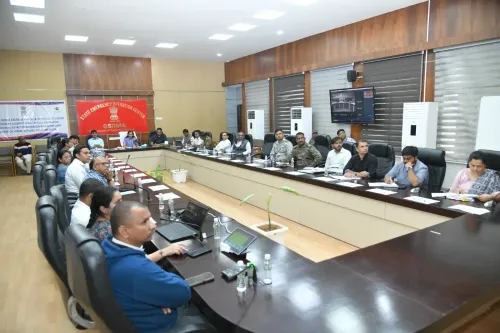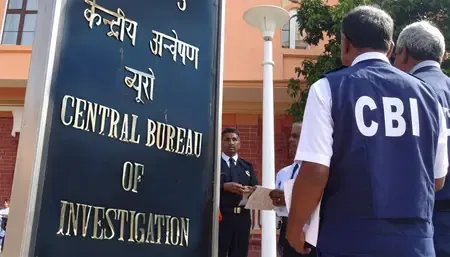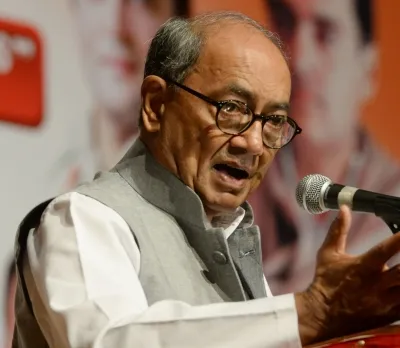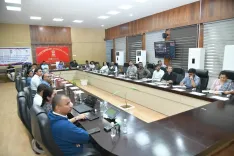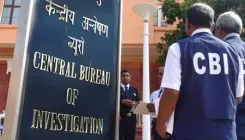Has Haryana Achieved 10,450 Paperless Property Registrations in Just 21 Days?
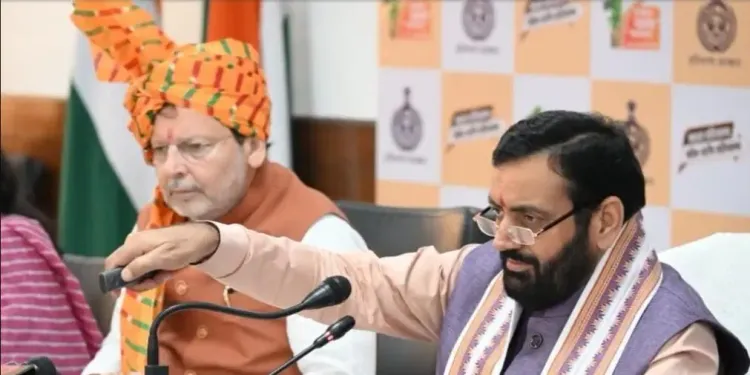
Synopsis
Key Takeaways
- Over 10,450 paperless registrations have been achieved in 21 days.
- A single-day record of 1,659 registrations was set.
- The system processes around 1,500 deeds per day.
- Enhanced features for tehsildars improve efficiency.
- Citizens are protected from unwarranted financial losses with token validation measures.
Chandigarh, Nov 21 (NationPress) In a remarkable milestone that marks the dawn of a new age of transparent and citizen-centric governance, Haryana has successfully completed over 10,450 paperless property registrations within the initial 21 days of its implementation.
The state's digital land-registration platform also set a new record on Friday, with a total of 1,659 registrations processed in a single day, all without utilizing any paper.
Describing this as “a transformation, not merely digitisation,” Financial Commissioner (Revenue) Sumita Misra emphasized that the system has been greatly enhanced through upgraded software and streamlined workflows.
Between November 1 and 21, residents have successfully booked 9,365 online appointments for property registration, leading to a cumulative total of 10,450 appointments since the onset of the paperless initiative.
Out of these, 8,338 deeds have gained approval during this three-week timeframe, increasing the total number of sanctioned deeds to 9,260.
The system is currently handling an average of nearly 1,500 deeds per day, while the record of 1,659 registrations in a single day underscores the platform's enhanced capacity and operational reliability, she noted.
Misra pointed out that officer-side features on the portal have also seen improvements.
Tehsildars now have the capability to revert tokens directly through their login, and the appointment scheduling process has been made more efficient across all districts, she explained.
Numerous issues impacting stamp duty calculations, token deductions, and document flow have already been addressed, she added.
“The system will refrain from deducting Rs 503 in instances of incorrect tokens until the token is fully validated, safeguarding citizens from unwarranted financial losses,” she stated.
Misra highlighted that the initiative's success is rooted in the consistent feedback from registrars, sub-registrars, and ground-level personnel.
Their recommendations have directly influenced iterative enhancements to the platform, she mentioned.
One of the significant improvements pertains to simplifying the second page of the online registration interface—a move directed at alleviating user challenges and optimizing the overall experience.
“Even minor technical adjustments can have a substantial impact on citizens, particularly when they are engaging in property transactions that often involve significant financial and emotional stakes,” Misra concluded.

